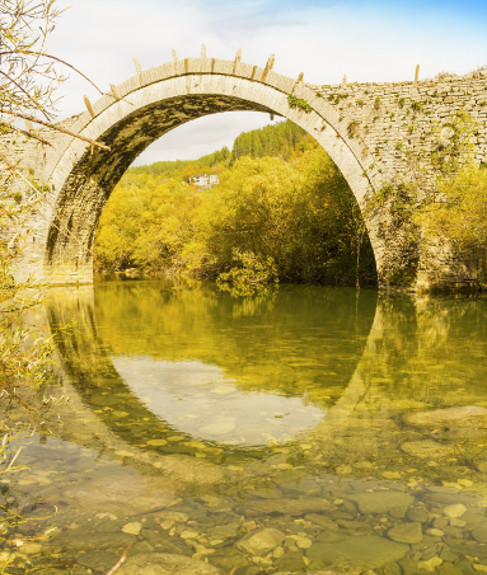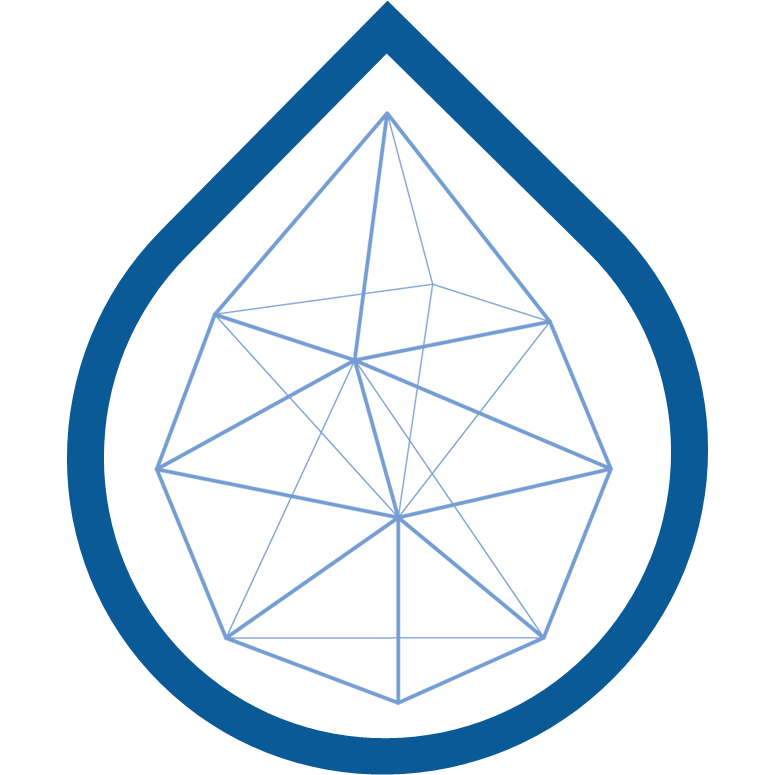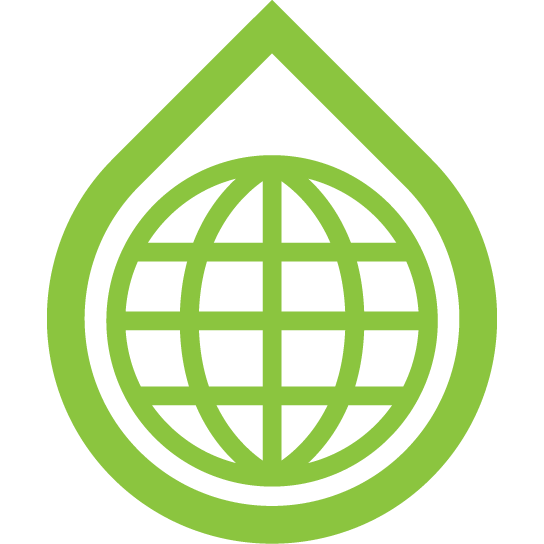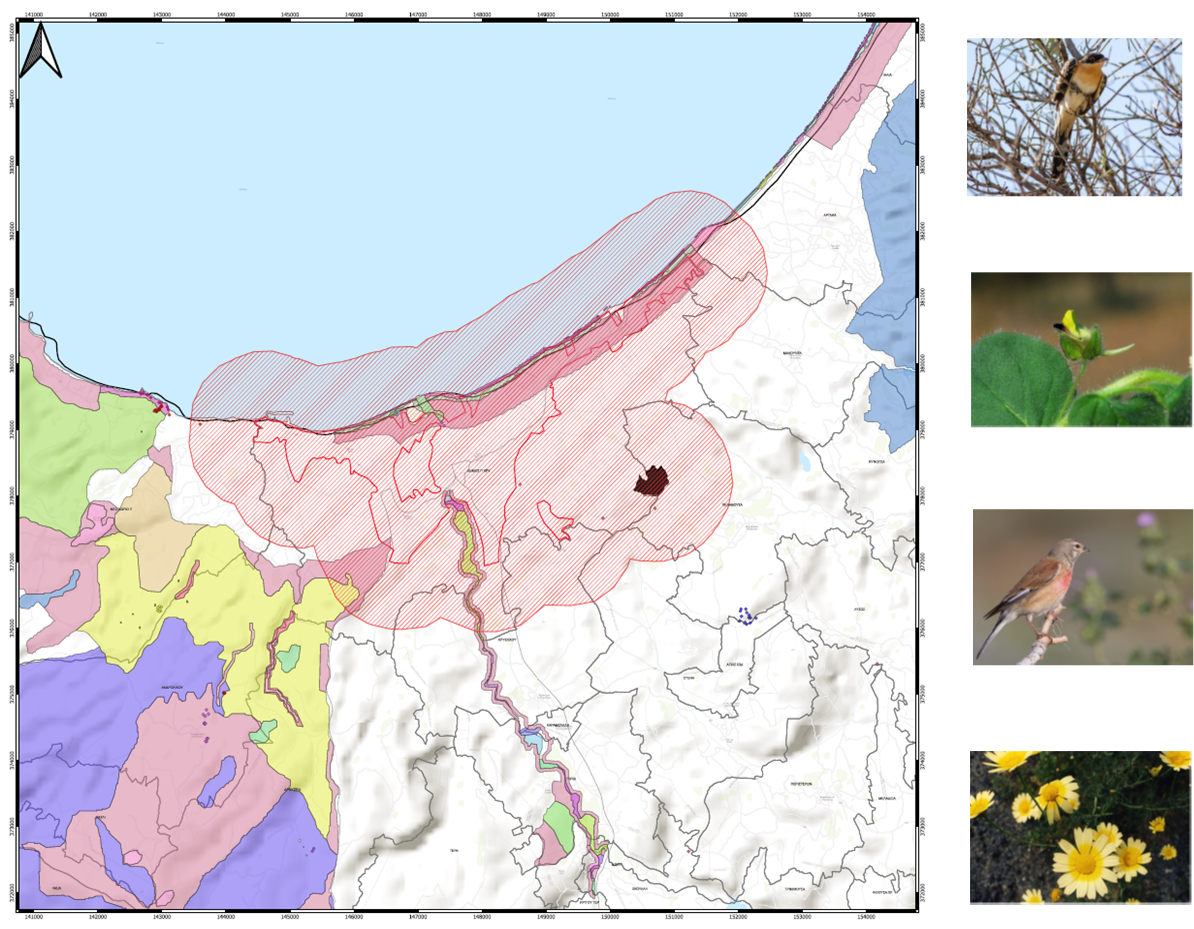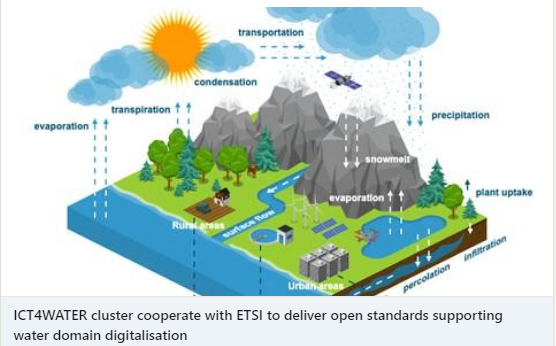
1ST UPDATE of RBMPs
Challenge
European Water Policy has undergone a thorough restructuring process, and the Water Framework Directive adopted in 2000 serves as the operational tool, setting the objectives for water protection for the future.
The implementation of the Water Framework Directive raises a number of technical challenges which require continuous efforts by the Member States. The heart of the Water Framework Directive is the River Basin Management Plans which are currently in the second cycle for the period 2016-2021.
For Greece the challenge is to complete the River Basin Management Plans by the end of 2017 and our team has the expertise and capacity to meet this demanding task.
Approach
1ST UPDATE of RBMPs aims at the preparation of the updated RBMPs for three river basin districts of Greece under the provisions of the WFD. The required actions are:
- Identification of the competent authorities and the area of responsibility
- Identification of Protected areas
- Economic analysis of the water uses and determination of the current cost recovery degree for the different water services
- Preliminary assessment of alternative proposals for flexible water tariff policy and cost recovery mechanisms
- Identification and typology of surface water bodies. Initial and further characterisation of groundwater bodies
- Type-specific reference conditions for the types of surface water bodies
- Final designation of heavily modified and artificial water bodies
- Analysis of the anthropogenic pressures and their impacts on surface and groundwater bodies
- Evaluation and classification of the qualitative status (ecological and chemical) of surface water bodies
- Evaluation and classification of the qualitative and quantitative status of groundwater bodies
- Determination of environmental objectives including “exemptions” from objectives achievement
- Catalogue of scheduled and new projects/ activities/ alternations with the socio-economic benefits served
- Draft programme of measures (basic and supplementary) for the protection and recovery of water bodies
- Updated monitoring programmes of the qualitative and quantitative status of surface and groundwater bodies
- Evaluation of the proposed programme of measures, including cost effectiveness analysis
- Public consultation
- Strategic environmental impacts assessment (SEIA)
- Draught and water scarcity management plan
EMVIS participates in the project implementation team providing the following services:
- Pressure and impact analysis according to the provisions of article 5 of the WFD
- Evaluation and classification of surface water bodies (ecological and chemical status) according to Annex V of the WFD and taking into consideration the results of the intercalibration exercises.
- Determination of exemptions to the environmental objectives as defined and under the provisions of Article 4 and establishment of less stringent environmental objectives for surface water bodies
- Preparation of Programme of Measures (Basic and Supplementary) necessary for the protection and restoration of water bodies
- Revision of monitoring programmes required under article 8 of the WFD
- Establishment of the River Basin Management Plans according to article 13 and Annex VII of the WFD
- Reporting of the RBMPs through the EEA Databases and upload to the Eionet (WISE SoE) Central Data Repository
Impact
The impact from the implementation of the WFD has been acknowledged, along with the fact that a lot of effort has been put into the preparation and drafting of the first RBMPs, and knowledge of the status of water has considerably improved. However, the Commission's assessment shows that more efforts are needed to ensure the achievement of the WFD objectives in the 2015, 2021 and 2027 planning cycles. We are currently at the second cycle and the experience gained from the first will enable us to improve the level of implementation and progress towards the objective of good status.
Implementation of the WFD should ensure that water management is based on a better understanding of the main risks and pressures in a river basin, founded on proper monitoring. This will result in cost-effective interventions to ensure the long-term sustainable supply of clean water for people, business and nature.


